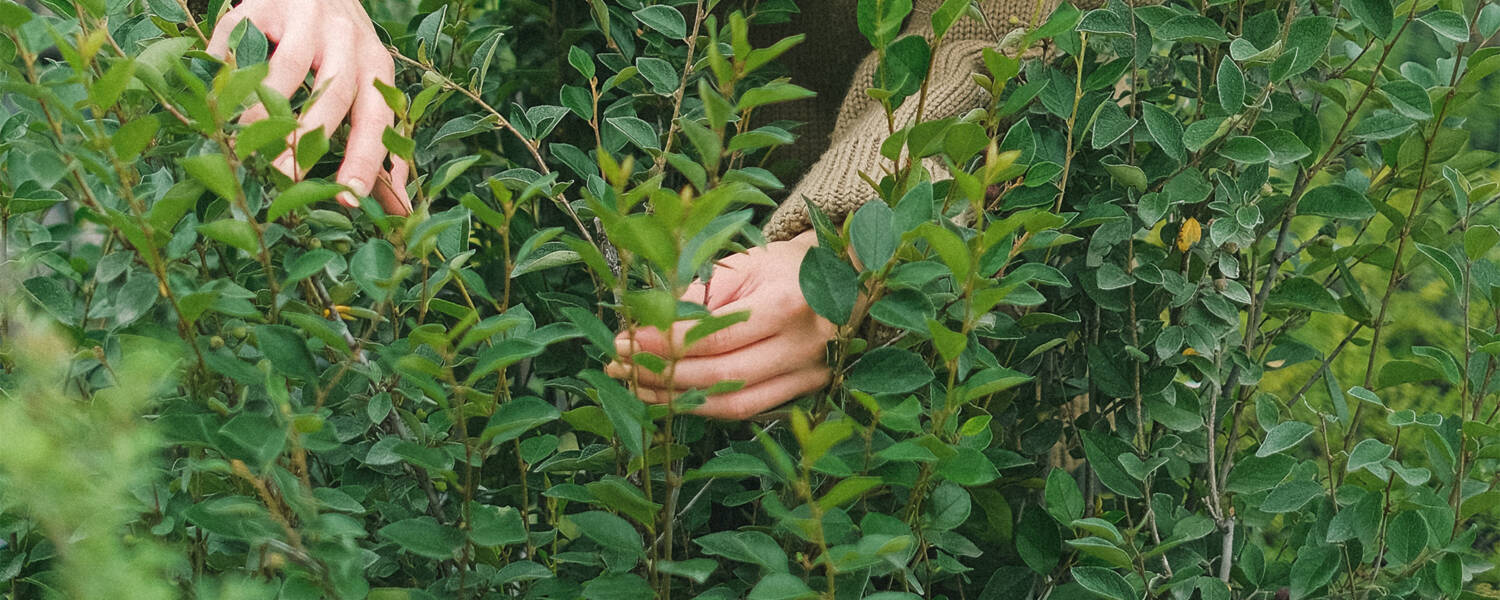Academic Programs
Biology

Biology is the study of life at all levels, including molecules, cells, microbes, the anatomy and physiology of organisms, and ecosystems. We provide students with a solid foundation of the fundamentals of biology, producing well-rounded scientists grounded in the liberal arts. Salem offers biology as a bachelor of science degree or bachelor of arts degree, and also a biology minor. Each of these programs has an innovative curriculum designed to enhance students’ knowledge in a holistic way to understand and apply the fundamental facts and principles concerning living matter, from molecules to the environment, through an evolutionary lens.
Student Experience
Biology majors at Salem are encouraged to engage in scholarly activities both inside and outside the classroom. Our Alpha Beta chapter of Beta Beta Beta, the national biological honor society, promotes and rewards service and excellence among our undergraduates. Faculty, staff, and students work together to arrange professional internships in which students experience first-hand a job or research opportunity of interest. The core courses in the biology major offer a firm foundation in the natural sciences, while biology electives such as Anatomy and Physiology, Animal Nutrition, Conservation Biology, Microbiology, and Research Methods help students tailor the major to their interests.
Health Leadership Highlights
- Being a leader in a health-related field requires an understanding of how living systems work, and our core courses in biology serve that purpose well.
- Salem’s biology program offers electives such as Anatomy and Physiology that introduce students to human organ systems and their functions, along with exploring the common ailments that affect us.
- Microbiology and Parasitology explore existing and emergent diseases and threats that microorganisms and parasites pose to humans and other animals.
- Animal Nutrition serves as a staple for entry into some veterinary medicine programs.
Jobs and Outcomes
Salem’s biology program promotes excellent skills in writing, communication, scientific methodology, critical thinking, and quantitative analysis to prepare students for continuing their education in graduate or professional schools or for entering the workforce. A biology major prepares students to pursue postgraduate study in multiple fields such as medicine and secondary education, as well as a range of careers in fields like ecology, genetics, physical therapy, dentistry, veterinary medicine, and forensic science.
Program Leadership



